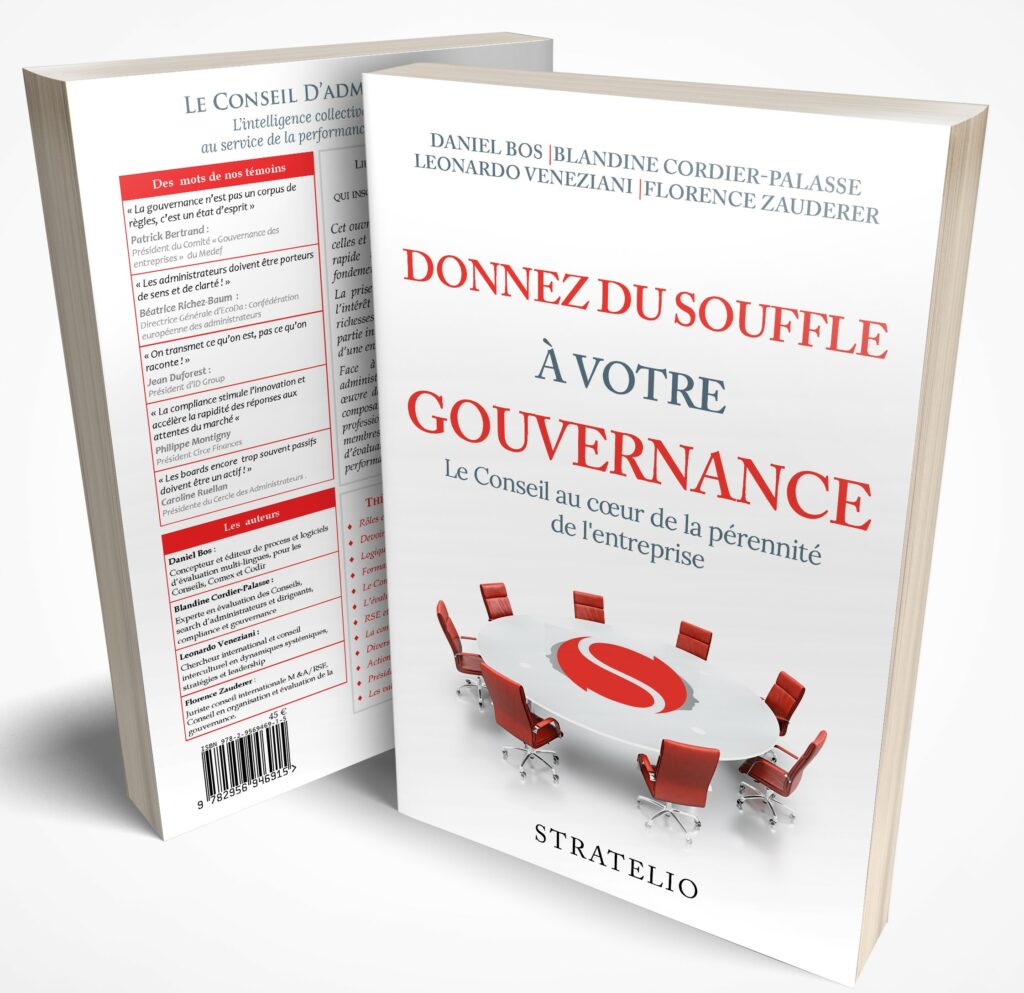directors
The challenges facing directors
Directors are faced with a variety of challenges that require their strategic decision-making and expertise. Effective supervision, navigating regulations, promoting diversity, managing emerging risks, talent management, stakeholder engagement and embracing digital transformation are key challenges.
Ensuring effective monitoring is essential. Administrators need to monitor performance risk management and the deployment of strategy to protect the interests of shareholders, but also increasingly those of other stakeholders, and to ensure long-term sustainability.
- Defining the strategy Directors participate in the development of the company's overall strategy, ensuring that it is consistent with the company's mission, vision and values, while taking account of market risks and opportunities.
- Management oversight Board of Directors: They monitor the company's performance and the day-to-day management by the executive team, ensuring that strategic objectives are met and that the company is well run.
- Risk management Risk management: The directors identify the major risks facing the company and ensure that appropriate systems are in place to manage them, including financial, technological and reputational risks. Responding to emerging risks requires proactive approaches. Cybersecurity, disruptive technologies and environmental issues also require careful thought to protect the company's future.
- Managing digital transformation is also critical. This means seizing technological opportunities to improve innovation, operational efficiency and competitiveness.
- Regulatory compliance Compliance: They ensure that the company complies with all applicable laws and regulations, thereby minimising the risk of litigation or sanctions.
- Corporate governance Directors establish robust corporate governance policies, including codes of conduct and ethical policies, to guide the behaviour of the organisation and its employees.
- Relations with stakeholders They communicate with stakeholders, including shareholders, employees, customers and the community, to ensure that their interests are taken into account in the company's decisions.
- Attracting and retaining the best talent is a persistent challenge. To achieve this, administrators need to develop succession plansalign pay with performance and fostering a culture that attracts exceptional leaders.
- Appointment and remuneration of management The Board is responsible for appointing senior executives, including the CEO, and setting their remuneration in line with the company's performance and strategic objectives.
- Sustainable development and social responsibility Increasingly, directors must also take into account sustainable development aspects and the company's social, societal and environmental responsibility, ensuring that it operates ethically and makes a positive contribution to society.
- Training and assessment Directors must also engage in ongoing training to keep abreast of legislative and regulatory developments and best governance practices. They also take part in the regular assessment of the performance of the Board, its committees and its individual members.
These roles may vary slightly depending on the size and type of organisation, but they form the basic framework of directors' responsibilities on a board of directors.
Blandine Cordier-Palasse is co-author of the book :
"Breathing new life into your governance
Consulting at the heart of a company's long-term success".
With Daniel Bos, Leonardo Veneziani and Florence Zauderer
Published by Editions Stratelio in 2021.
Available to order by emailing b.cordier@bcp-partners.com
Blandine Cordier-Palasse was secretary to the boards of listed companies for over 15 years and is still a director. She understands the issues of governance, duties and powers, and the logic of power and action.

Example of a mandate
Strategy
renewal of a Board of Directors
- Context
One of Europe's leading IT services companies was due to replace more than 50% of its Board of Directors over the next 2 financial years. In view of the scale of the changeover and the challenges facing a fast-growing sector, the company's management decided to enlist the help of external advisors to help them determine the optimal composition of the Board..
Support
- Define the skills, personalities and cultures that would complement those of the current Board, taking into account the company's strategic priorities
- Use our " Think out of the box "to suggest new expertise, personalities from different backgrounds to drive added value
- Designing a marketing pack as a tool for attracting potential personalities
- Conducting the hunt: identification, interviews, recommendations, taking up references
- Draw up a schedule ofonboarding
- Supporting the integration of new directors
Results
- A clear roadmap that has simplified the targeting of key figures to be approached and effective tools for convincing them.
- A solid, diversified and multicultural Board of Directors, actively involved in the development of this SBF120 company.
